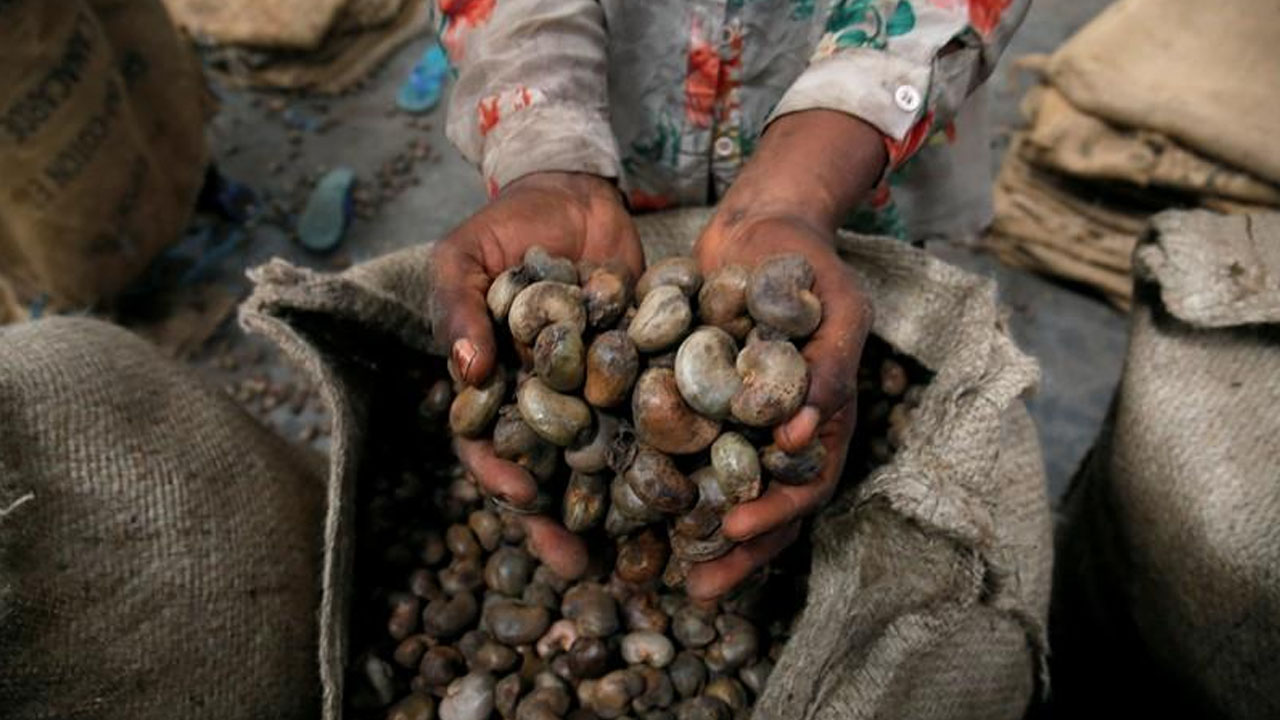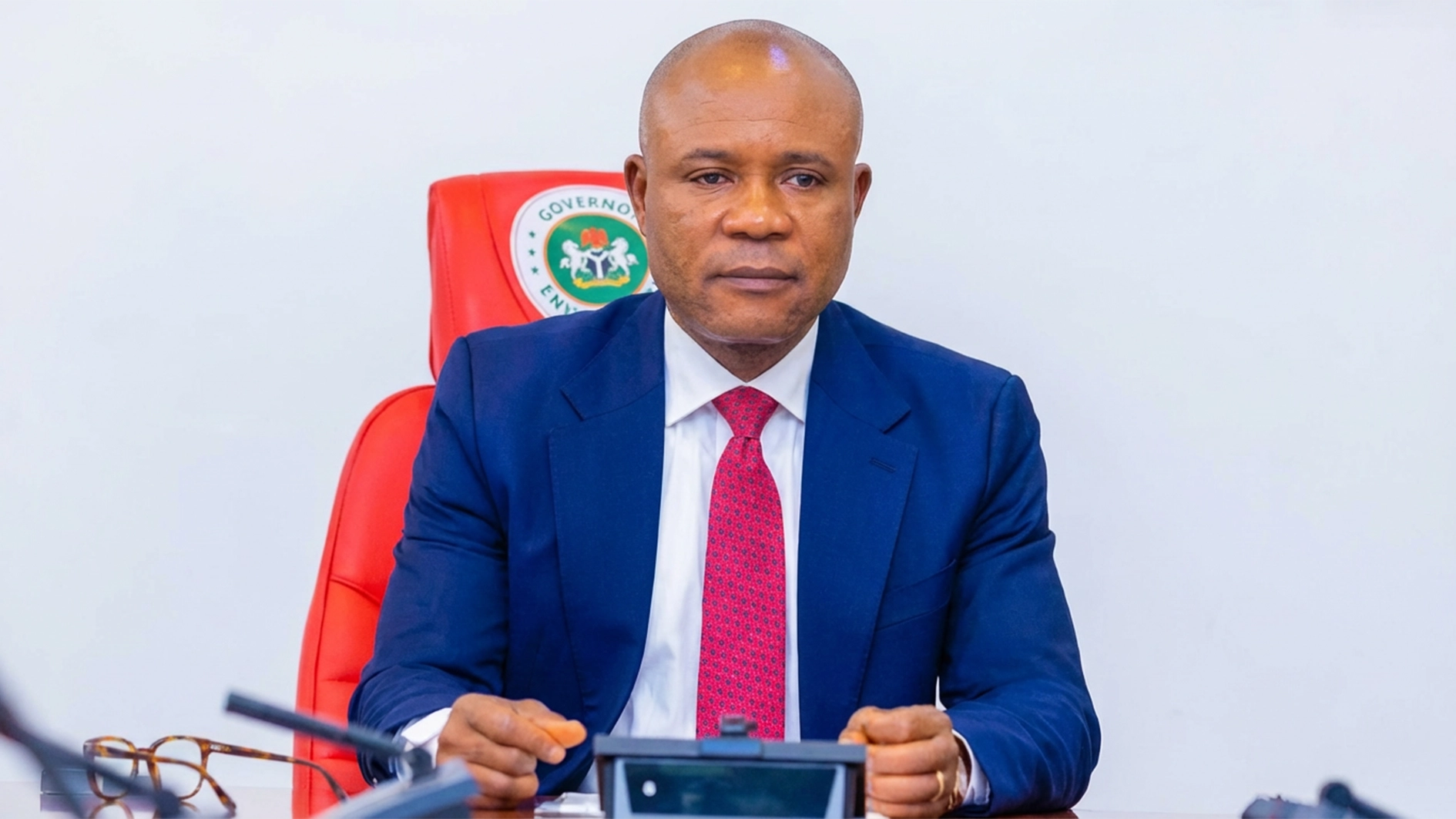
This was disclosed by the state commissioner for Agriculture, Prince Gbolahan Lawal during the screening of over 2,000 shortlisted applicants for the project.
The APPEALS project, implemented through the Federal Ministry of Agriculture and Rural Development, in six participating states of Cross River, Enugu, Kaduna, Kano, Kogi, and Lagos, is a six-year project expected to run between 2017 and 2023.
It is in line with the Agricultural Promotion Policy (The Green Alternative) of the Federal Government, aimed at building on the legacy of the Agricultural Transformation Agenda (ATA) and plans to support food security, local production, job creation, and economic diversification.
Lawal said: “In Lagos, we are focusing on three value chains, where we have comparative advantage-Poultry, Rice and Aquaculture, which covers the entire value chain from input suppliers, production, processing, logistics to the market. It’s an entire value chain.
“Through this project, we are supporting the World Bank to ensure that our farmers, processors, youth and women have a better livelihood. With the initiative, we have displayed our readiness and ability to show that agriculture is attractive to Lagosians, especially the youths, we have demonstrated that and we are still doing it. We have the capacity and ability.”
The State Project Coordinator, Oluranti Sagoe-Oviebo disclosed that over 10,000 people applied for the exercise, noting that 7,000 submitted their applications. “And after due process, it was discovered that some of them do not have certificates. At the end of the day, over 4,000 were qualified, but we needed to screen down to 2,000 from which 1,700 will be selected.
“The project is looking at empowerment across three value chain; for the poultry farmers we are looking at empowering each person with a minimum of 700 birds; for the aquaculture, an average of 2,000 fishes each and for the rice farmers, maybe a hectare of land with all the inputs required.”
The World Bank Chief Economist, African Gender Innovation Lab, African Region, Dr. Ayodele Fashogbon said the assignment of his unit is to figure out what works and what doesn’t work, and to use the result for a broader project and to show policy.
[ad unit=2]






